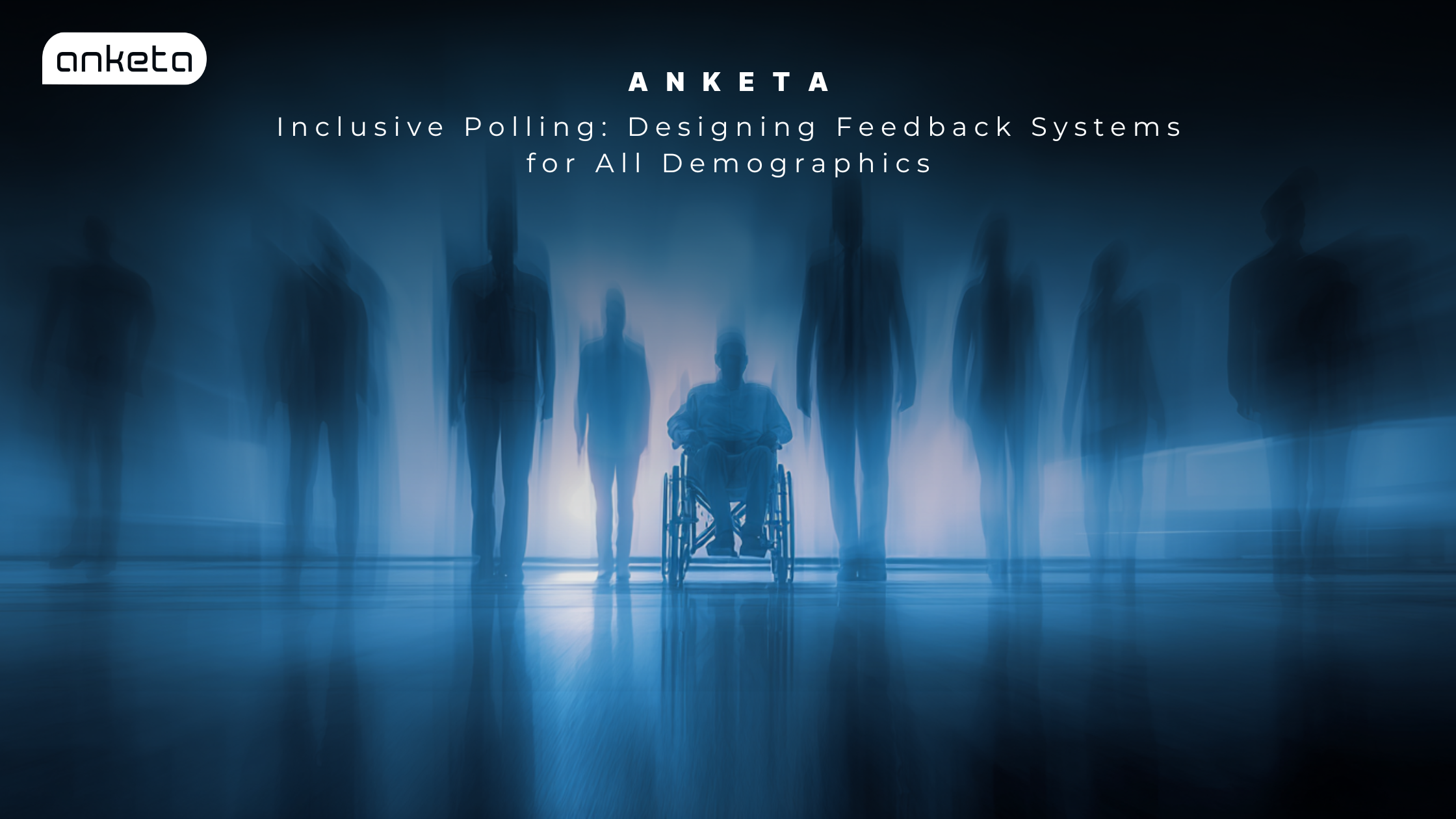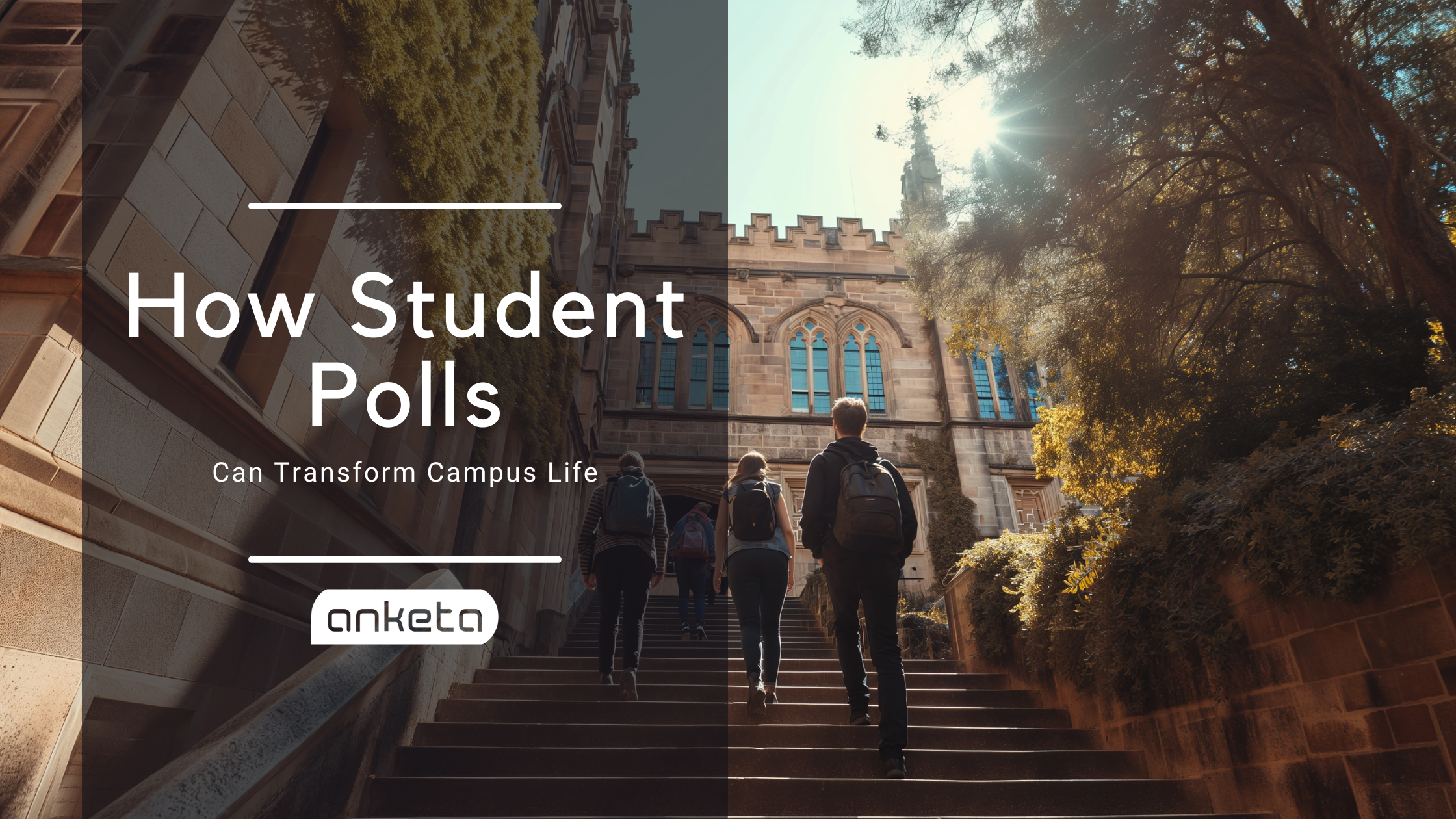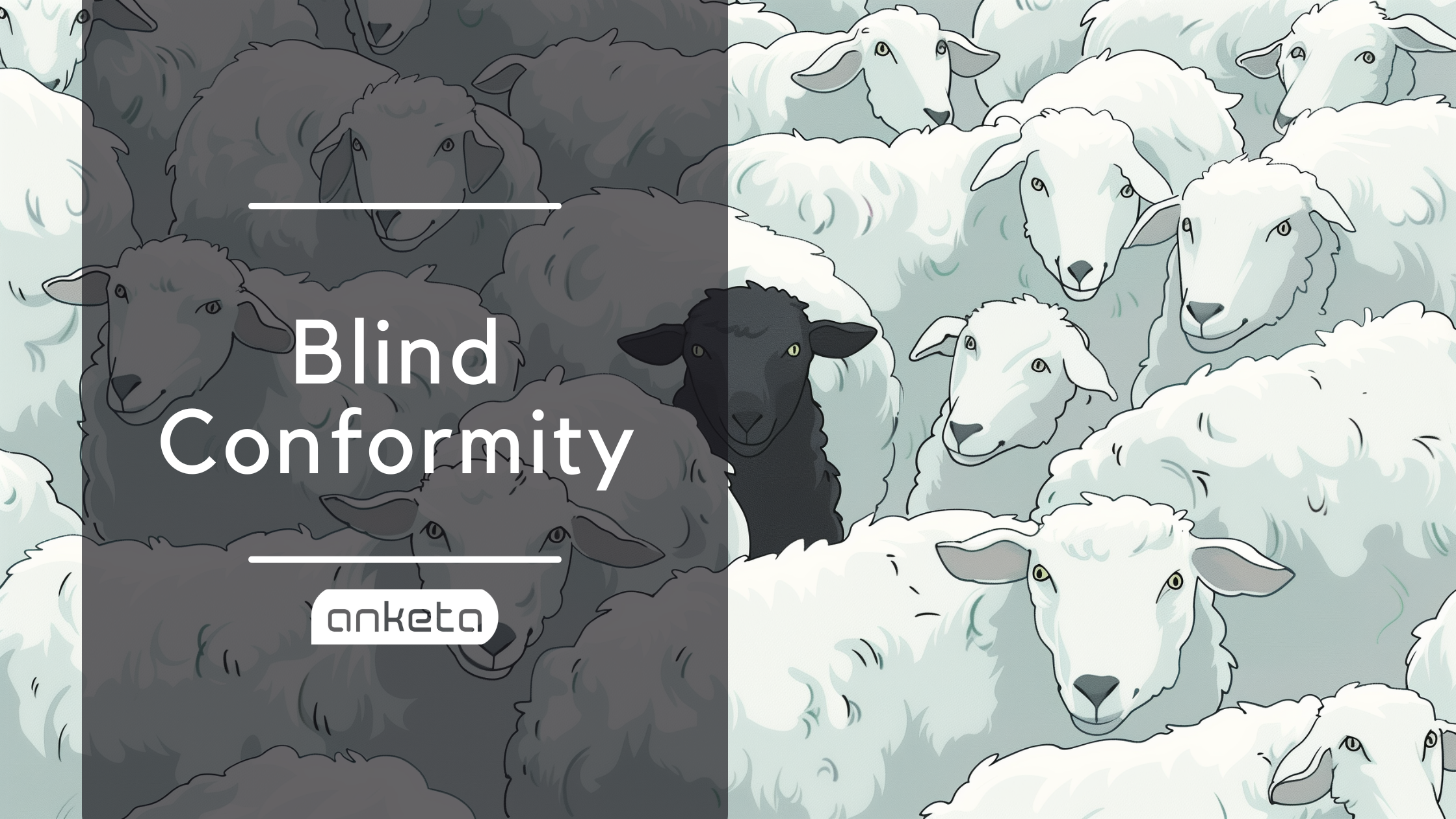In democratic systems, product development, community engagement, or organizational decision making, feedback and polling are powerful tools. But their value depends heavily on who is included, and more importantly, who is excluded. If certain demographics, e.g., categorized by language, ability, age, or connectivity, cannot participate meaningfully, the feedback is biased, data skewed, and trust undermined. To build truly inclusive polling systems is about good business and good governance, not just good ethics.
Let’s explore why inclusion matters, key barriers, bestpractice design strategies, and how ANKETA, as a polling app, can lead the way.
Why Inclusive Polling Matters
If you’re taking a poll, you may or may not be looking for highly granular, reliable answers. Want to know whether you should get pizza or chicken wings for dinner? You might not really think about who will (or can) answer your polls. But if you want to make sure everyone gets a voice, whether on important issues or just simple, friendly questions, you need to think about inclusivity.
- Representative insights: If only certain groups respond (e.g., English speakers, younger, urban, techsavvy), then the feedback misses important voices. Policies, products, and even laws based on partial views risk being ineffective or unfair.
- Trust and legitimacy: When people see their language, culture, or ability acknowledged through accessible interfaces, native languages, privacy settings, and more, they’re more likely to trust the process, use the tool, and believe in its outcomes.
- Ethical responsibility: Inclusion is a matter of equity. Polling and feedback systems that ignore or marginalize people based on disability, literacy, geography, or language risk perpetuating inequality.
- Better outcomes: More diverse input tends to lead to more robust ideas, better innovation, and fewer blind spots. Especially in global products or policies, hearing from edge cases often reveals foundational usability or fairness issues.
What Barriers Prevent True Inclusiveness
So you want to make inclusive polls. What sorts of things should you be thinking about?
Language and Translation
Respondents may be unable to understand questions, misinterpret meaning, or drop out entirely if questions are not offered in their preferred or native language. You don’t necessarily need to post the same poll in every language; just make sure translation options are available.
Alternatively, allow respondents to choose their preferred language at the start. Use professional translation and/or localization where possible. Don’t just autotranslate: check for cultural meaning. For example, ensure the layout and UX adjusts properly for RTL (right-to-left) languages. Localize beyond text: date formats, number conventions, units, icons/symbols that may have different cultural meaning, etc.
Literacy and Education Levels
Complex wording, double negatives, jargon, or abstract phrasing can confuse or exclude people with less formal education, as well as nonnative speakers. Keep it simple with a clean, uncluttered UI. Avoid unnecessary complexity, allow polls to be completed with minimal steps, and provide clear instructions.
Abilities and Disabilities
If tools don’t support alternative modalities, like audio, screen readers, keyboard navigation, etc., many people (e.g., those with visual impairment, hearing loss, mobility issues, cognitive disabilities) may be excluded. Be sure to use things like alt text to help communicate with these individuals.
Comply with WCAG (Web Content Accessibility Guidelines) or the equivalent, so features like screen readers, adjustable font sizes, color contrast, keyboard navigation, audio descriptions are supported. Additionally, provide alternative modalities like audio prompts, captions, and voice input.
Digital Access and Connectivity
Limited internet access, older devices, low bandwidth, or lack of mobile devices can slow or prevent participation. Consider avoiding polls that rely heavily on internet (like those that require respondents to watch a video first).
Ensure polls work on mobile, old devices, and slow networks. Provide offline or SMS/USSD options where possible for areas with poor internet. Lightweight interfaces (low resource usage, minimal images or heavy graphics) can reduce load times.
Cultural Differences and Norms
Cultural expectations around how questions are asked, what topics are sensitive, what privacy means, or how opinions are expressed can vary greatly.
Trust, Privacy, and Fear
Concerns about surveillance, data misuse, or lack of anonymity can disproportionately deter marginalized communities. When asking for identity info (e.g., gender, ethnicity), offer options and “prefer not to say” or “other (please specify)” to capture a spectrum without forcing non-inclusive categories.
Be transparent about how data is used, stored, and shared. Allow users to participate anonymously, if desired, and use secure, verifiable mechanisms to avoid manipulation or fraud.
How ANKETA Is Leading the Way
ANKETA understands that these concerns are the backbone of a fair, effective, and engaging polling environment. That’s why we have all these factors in mind for the platform. Here are some ways ANKETA has baked these practices into its DNA, distinguishing itself as a leader in inclusive polling:
- Incorporating accessibility settings, such as options for people with disabilities like voice-to-text.
- Offering offline or low bandwidth polling for regions with connectivity challenges; responses will sync when connectivity resumes.
- Including “inclusive questions” that allow people to selfdescribe or write custom answers rather than using forced categories.
- Building transparency by providing real-time results that are anonymized but informative.
- Providing privacyfirst options (anonymous polls, minimal data collection).
- Building relationships and partnerships to effect big changes, such as lawmaking.
When You Poll, Poll Right with ANKETA
Inclusive polling is not just about checking boxes. You need to ensure the systems you build for gathering feedback allow every voice the opportunity to be heard. When designed with care and attention to language, ability, accessibility, trust, and culture, polling becomes a powerful tool for fairness, insight, innovation, and legitimacy.
ANKETA is setting new standards. Being inclusive should be foundational, not optional. Doing so is the right thing, and it’s what the future of feedback systems demand.
Join the ANKETA BETA today. Turn your opinions into currency, your debates into data, and your likes into legacy. The future isn’t just digital—it’s democratic.





